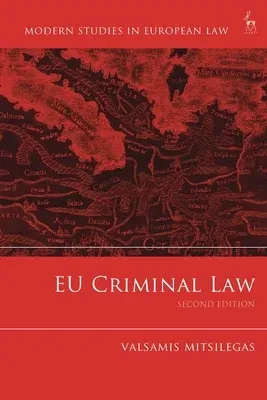This is the second edition of EU Criminal Law, which has become since
its publication in 2009 a key point of reference in the field. The
second edition is updated and substantially expanded, to take into
account the significant growth of EU criminal law as a distinct legal
field and the impact of the entry into force of the Lisbon Treaty on
European integration in criminal matters.
The book offers a holistic and in-depth analysis of the key elements of
European integration in criminal matters, including EU powers and
competence to criminalise, the evolution of judicial co-operation under
the principles of mutual recognition and mutual trust, EU action in the
field of criminal procedure including legislation on the rights of the
defendant and the victim, the evolving role of European bodies and
agencies (such as Europol, Eurojust and the European Public Prosecutor's
Office) in European criminal law, and the development of EU-wide
surveillance and data gathering and exchange mechanisms.
Several chapters are devoted to the external dimension of EU action in
criminal matters (including transatlantic counter-terrorism cooperation
and the impact of Brexit on EU Criminal Law) Throughout the volume, the
constitutional and fundamental rights implications of European
integration in criminal matters are highlighted.
Covering all the key principles of EU law, with clear explanation and
rigorous analysis, this will give scholars, students, policy makers and
legal practitioners interested in the subject a strong understanding of
this fascinating but sometimes complex field.

